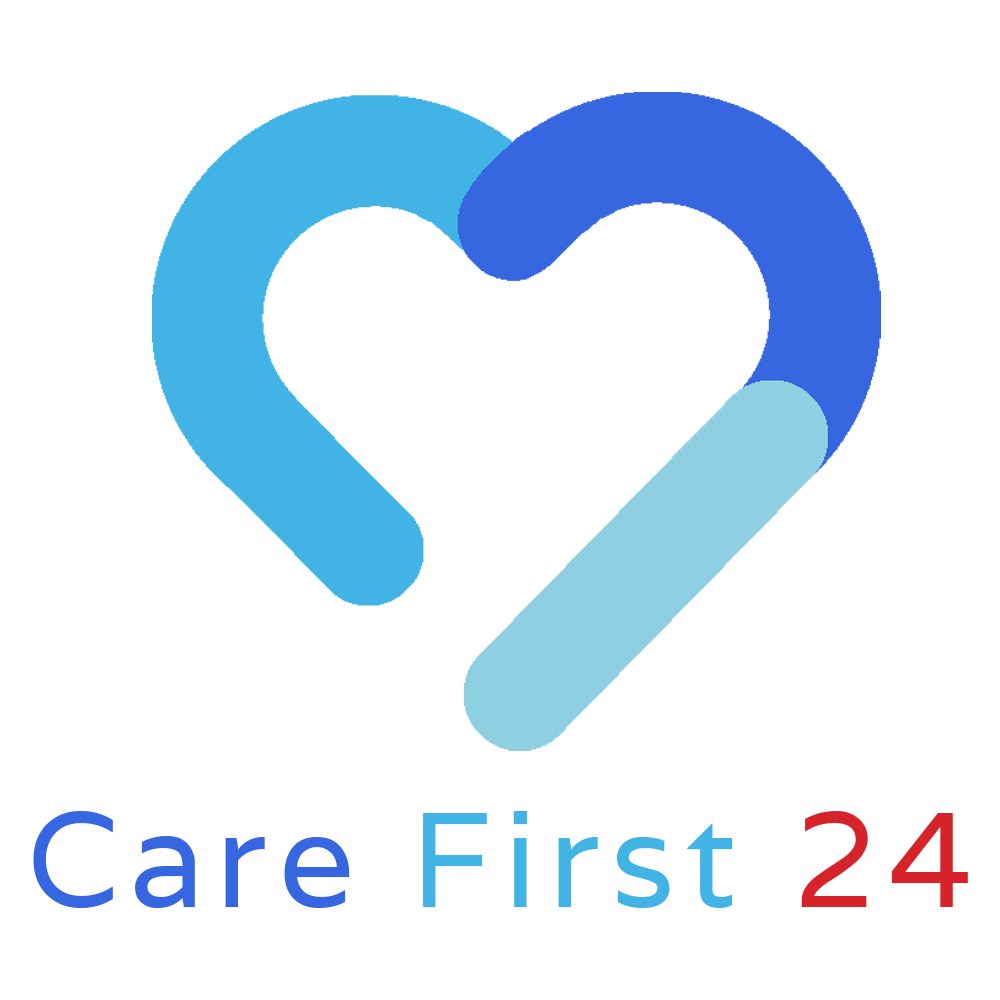
Healthcare professionals are essential to our lives, and it’s highly likely that each of us will need their services at some point in our lives. But what exactly is a healthcare professional, and what role do they play in society?
Healthcare professionals are qualified medical persons that regulatory bodies permit to provide medical advice and treatment to patients.
Healthcare involves caring for individuals and nursing them back to good health. It also encompasses using expertise to identify illnesses, make diagnoses, and create treatment plans. Additionally, it includes taking preventive measures to stop diseases from occurring and spreading.
Who is considered to be a qualified healthcare professional
Healthcare professionals are specially trained to provide specific types of care and are fully qualified or certified for their roles. They may specialise in various medical vocations, including doctors, nurses, midwives, carers, psychotherapists, pharmacists, physiotherapists, and a wide range of support staff.
Individuals qualified by education, training, or regulation are the only people who can give healthcare professional services in different medical and health areas. They can give service within their scope of practice.
Nursing Care Professionals
There are various types of professionals under this category:
- Registered Nurses – Nurses who have graduated with a nursing degree and are qualified to work in that specific sector
- Licensed Practical Nurses – Caregivers who went through the required training to handle different medical conditions and care for the sick.
- Advanced Practice Nurses – Nurses with more education and experience than the previous examples. They generally get their training in domains, like prenatal care, community health, cardiac health, psychiatry, and anesthesia to provide advanced care and services.
Nurses play a crucial role in healthcare by providing close medical care. They give compassionate care, administer medications, monitor patients, and assist doctors. Their dedication and expertise contribute significantly to a patient’s well-being.
Patients receiving any type of healthcare must be aware of the professionals helping to care for them and what they can expect. Patients and their loved ones can be proactive in ensuring quality care by understanding the roles of healthcare workers and speaking up if it seems that anyone is not providing the best care.
The Qualities of a Healthcare Professional
Generally, healthcare workers have the following qualities:
- Emotional stability
- Attention to detail
- Empathy
- Problem Solving Skills
- Communication and interpersonal skills
- Nurturing a team environment
- Motivational Skills
- Technical skills and knowledge
Other factors that contribute to quality care in healthcare providers include; effective communication with other professionals to aid in patient treatment, access to medical information, and attentive listening to patients’ needs and concerns. Adhering to a code of ethics is also crucial. Healthcare ethics involve offering patients dignified care, personal attention, and employing best practices. This ethical code also includes maintaining patient privacy.
Healthcare professionals perform critical roles in everyone’s lives by:
- Educating communities about prevention cures, and other health tips
- Providing patients with preventative medication
- Giving out information about healthy lifestyles
- Preventing diseases from spreading
Why do we need Healthcare Professionals?
Technological advancements, shifts in demographics, and even political changes affect the healthcare system. Because of this, the importance of healthcare workers is very evident:
According to statistics, there were approximately 20 million UK citizens who were born between 1946 and 1964. These are called ‘Baby Boomers’, and it is estimated that most baby boomers will retire by 2030, and will mostly rely on our healthcare resources. This foreseen increase in patients needs an increase in healthcare professionals to maintain an efficient healthcare service.
How to become a Healthcare Professional
Healthcare workers bear a notable responsibility to provide ethical, high-quality care for patients. Individuals in need of care are vulnerable and place their trust in the healthcare workers who help them. Delivering good quality care begins with obtaining the appropriate education and all healthcare workers must be trained, educated, and licenced or certified.
Additionally, they are often required to undertake continuous training, participating in ongoing professional development and education courses to maintain and enhance their skills and knowledge.
Becoming a healthcare professional isn’t easy, and it takes a long time. Here’s a checklist on how you can become one:
- An undergraduate degree and four years of medical school. Graduating college/university with a Bachelor’s degree in a medical-related field is good, but if you want to pursue advanced careers, you need to study and graduate in a Master’s or Doctoral Programme. You can get a degree in a certain field or the area you prefer.
- Certifications are essential for healthcare professionals. You need to be licenced and board-certified to practice. Although a licence is mandatory, certification is optional.
- Gain more knowledge by attending conferences to expand your medical understanding and network with professionals. Volunteer at a facility to gain more experience and understanding of real-life situations.
Apprenticeships
Workplace apprenticeships offer practical job training by pairing apprentices with experienced mentors. Through a combination of on-the-job learning, formal off-the-job training, and practical skill application in a work environment, apprentices acquire valuable skills and knowledge for specific job roles. This approach is an excellent way for individuals to gain qualifications while working.
It is so important to our sector that we can attract high-quality professionals to support people at home.
Nurses’ training is very much focused in hospitals and other clinical settings, such as hospices. This means they have very little understanding of complex care in the community.
There has recently been more of a drive to highlight the career opportunities in care at home, but lack of experience for newly qualified staff often means this isn’t considered.
To play a small part in changing this perception, Care First 24 Ltd is working with Hertfordshire University to offer student placements, to give them a really good experience of complex care at home. As we have our own nursing students, we felt that we had the right experience to enable us to offer placements for external students.
The students we are hosting in August are three final-year students from different specialties, who have their student-led placement. This means they have the opportunity to choose where they would like to go and what experience they feel would support them in their future career.
We are pleased that they have chosen Care First 24 Ltd, and we have been working hard to ensure they have a rounded experience with their time with us.
Even if students decide they would like to continue their roles in a hospital setting, the experience will help them to understand how the patients can be supported at home, helping with discharges.
However, we do hope that the experience in complex care in the community will excite them and they may consider this as a role.
In Summary
Healthcare professionals play an essential role in our daily lives, offering medical and care services to those with illnesses, injuries, and other impairments. They constitute a significant part of our society, each specialising in a specific area of expertise. In our ever-changing world, the importance of healthcare professionals has never been greater.
Thank you very much for reading this blog, if you are interested in our nursing apprenticeship scheme or would like to get in touch regarding working within our great Care First 24 Community then please call on 01732 790001, or email info@carefirst24.co.uk
